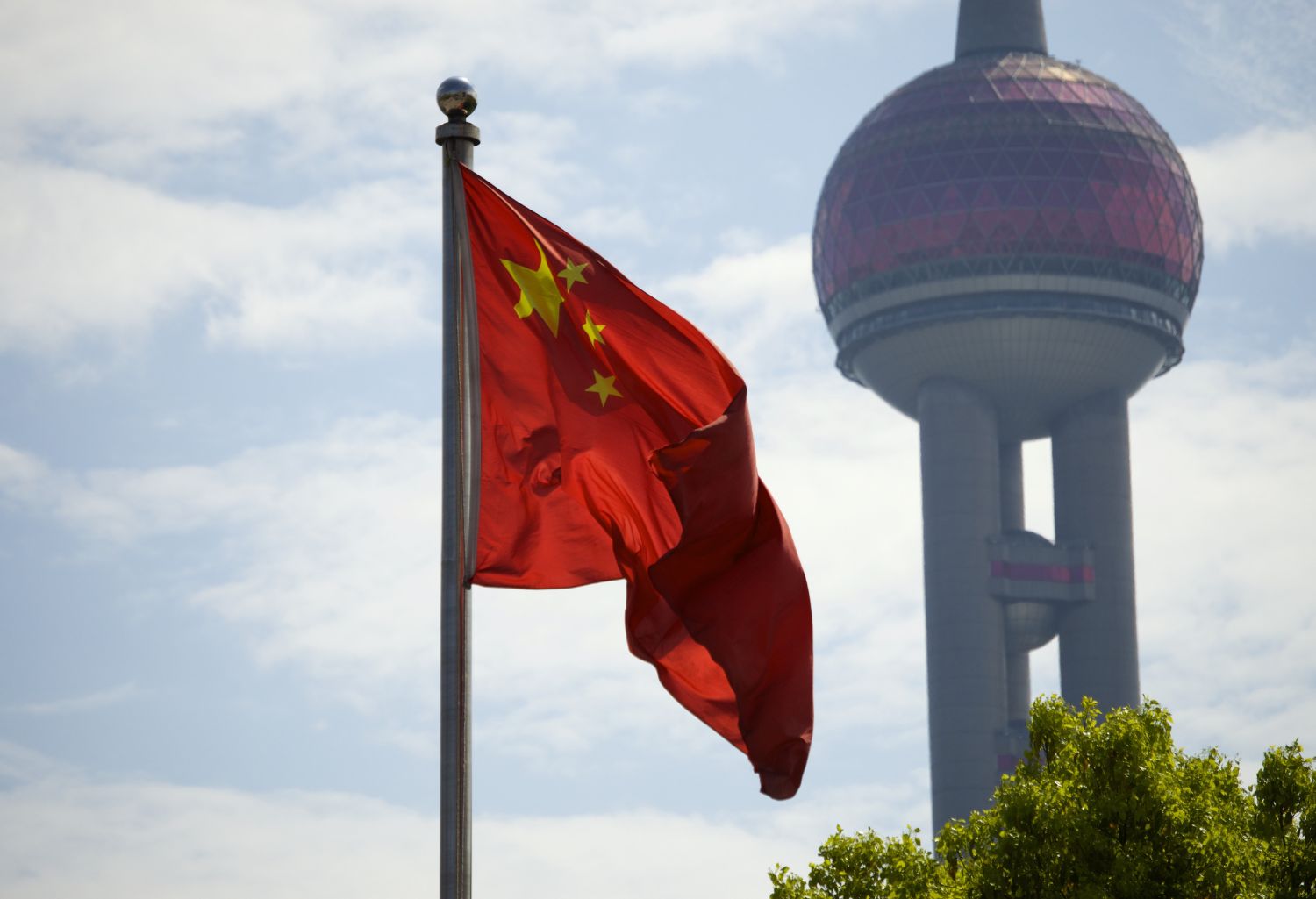In the ever-evolving landscape of international trade, the Agricultural Products industry occupies a crucial position. The exchange of goods between the United States of America and China in this sector is vital for the food supply chains of both nations. This thesis delves into the significance of DCI’s collection agency services in protecting the value of a B2B company’s Accounts Receivable Portfolio within the U.S.A. and China International Agricultural Products Trade. Throughout this exploration, we will elucidate how DCI’s efficient U.S.A.-China debt collection system empowers companies to concentrate on their core operations while ensuring effective management of outstanding debts.
The Integration of U.S.A. and China International Agricultural Products Trade in B2B
The international trade relationship between the U.S.A. and China has seamlessly integrated the Agricultural Products industry into the B2B sector. Both nations play distinct yet complementary roles in this sector. The USA exports agricultural products such as soybeans, corn, and meat to China, while China reciprocates by exporting coffee, sugar, and orange juice to the USA. This mutually beneficial trade relationship underscores the importance of reliable U.S.A.-China debt collection services, which DCI specializes in, allowing businesses to navigate this sector effectively.
DCI’s Prominent Role in the U.S.A. and China International Agricultural Products Trade
DCI proudly stands as the number one choice of Collection Agencies within the U.S.A. and China International Agricultural Products Trade Industry. Our comprehensive debt recovery services have consistently proven effective in safeguarding the financial health of businesses operating in this sector.
List of 10 Agricultural Products Subindustries in U.S.A. and China International Trade
- Soybean Farming: Soybeans are a staple in international trade, with both countries involved in soybean production and export.
- Corn Production: Corn is a crucial crop, and its trade between the USA and China impacts global markets.
- Meat Processing: Meat products, such as pork and beef, are exchanged, contributing to the food supply chain.
- Coffee Export: China exports coffee to the USA, providing coffee products for American consumers.
- Sugar Production: Sugar is essential in various industries, and its trade supports businesses in both nations.
- Orange Juice Export: The exchange of orange juice products between the USA and China is a significant component of international trade.
- Dairy Farming: Dairy products, including milk and cheese, are traded, supporting the agricultural industry.
- Rice Cultivation: Rice is a staple food, and its trade influences food security in both countries.
- Fruit and Vegetable Export: Fruits and vegetables are exported, contributing to a diverse food supply.
- Grain Storage and Distribution: Companies involved in grain storage and distribution play a vital role in maintaining food stocks.
DCI’s No-Recovery No-Fee Service and Competitive Rates
Throughout this thesis, we emphasize DCI’s unwavering commitment to its clients. We offer a no-recovery no-fee service, which means that if we don’t recover your money, you owe us nothing. This policy underscores our confidence in our ability to recover outstanding debts efficiently. Additionally, we maintain competitive rates, making our services accessible and cost-effective for businesses of all sizes.
The Three-Phase U.S.A.-China Debt Collection System
To elucidate DCI’s approach to debt recovery, we present our comprehensive three-phase Recovery System:
Phase One: Immediate Action
Within 24 hours of placing an account with DCI, we initiate the following actions:
- The first of four letters are sent to the debtor via US Mail, emphasizing the urgency of debt repayment.
- Our team conducts skip-tracing and investigations to obtain the best financial and contact information available on the debtors.
- Our dedicated collector commences contact with the debtor, using various channels such as phone calls, emails, text messages, and faxes, to seek a resolution to the matter.
Our collector diligently attempts to contact the debtors on a daily basis during the first 30 to 60 days. If all attempts to resolve the account fail, we proceed to Phase Two.
Phase Two: Legal Intervention
Upon transitioning to Phase Two, we escalate the debt recovery process:
- The receiving attorney within our network drafts the first of several letters to the debtor on their law firm letterhead, demanding payment of the debt.
- The attorney or their staff members initiate telephone contact with the debtor, in addition to sending formal letters.
If all attempts to reach a resolution continue to fail, we provide you with a comprehensive explanation of the case’s issues and recommend the next steps.
Phase Three: Informed Decisions
In Phase Three, we offer two potential courses of action based on a thorough investigation of the case:
- Closure of the case: If recovery is deemed unlikely after a comprehensive assessment of the debtor’s assets, we recommend closing the case. You will owe nothing to our firm or our affiliated attorney for these results.
- If our recommendation is litigation, you will have a decision to make.
If you decide not to proceed with legal action, you can withdraw the claim, incurring no charges. Alternatively, you may opt to allow us to continue pursuing the debtors through standard collection activities, such as calls, emails, and faxes.
If you decide to proceed with legal action, you will be required to cover the upfront legal costs, including court fees, typically ranging from $600.00 to $700.00, depending on the debtor’s jurisdiction. Upon payment of these funds, our affiliated attorney will file a lawsuit on your behalf for all monies owed, including, but not limited to, the cost of filing this action. If our attempts to collect via litigation prove unsuccessful, the case will be closed, and you will owe nothing to our firm or our affiliated attorney.
Competitive DCI Collection Rates
DCI Collection Rates vary depending on the number of claims you submit:
For Clients Submitting 1 through 9 Claims within the First Week:
- No recovery, no charge.
- If we do collect:
- 30% of the amount collected on accounts under 1 year in age.
- 40% of the amount collected on accounts over 1 year in age.
- 50% of the amount collected on accounts under $1000.00.
- 50% of the amount collected on accounts placed with an attorney.
For Clients Submitting 10 or More Claims within the First Week:
- No recovery, no charge.
- If we do collect:
- 27% of the amount collected on accounts under 1 year in age.
- 35% of the amount collected on accounts over 1 year in age.
- 40% of the amount collected on accounts under $1000.00.
- 50% of the amount collected on accounts placed with an attorney.
For clients submitting 25 or more claims within the first week, DCI offers customized contingency fee options. Simply call 855-930-4343 to inquire about these alternatives.
A Strong Recommendation: Choose DCI for U.S.A.-China Debt Collection
In conclusion, we strongly recommend considering the third-party debt recovery services of DCI, also known as Debt Collectors International, before resorting to litigation or seeking legal counsel. Our proven track record, no-recovery no-fee policy, competitive rates, and comprehensive three-phase Recovery System make us the ideal partner for safeguarding the value of your Accounts Receivable in the U.S.A. and China International Agricultural Products Trade Industry.
Contact Us
For more information and to explore how DCI can assist your business, please visit our website at www.debtcollectorsinternational.com or call us at 855-930-4343.





